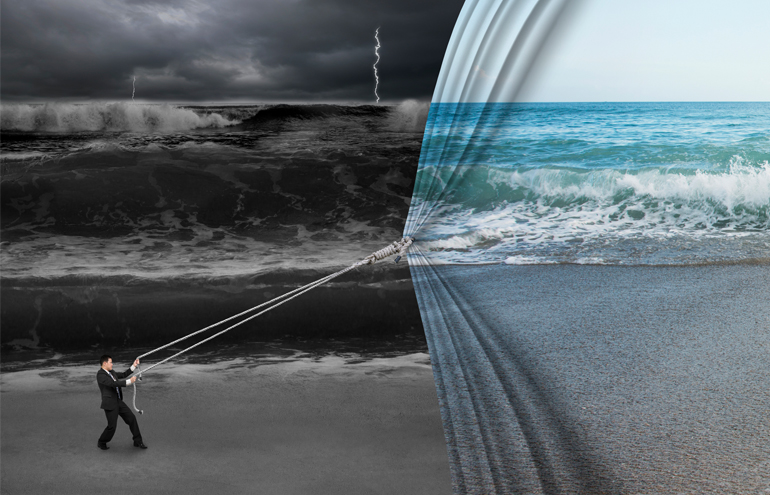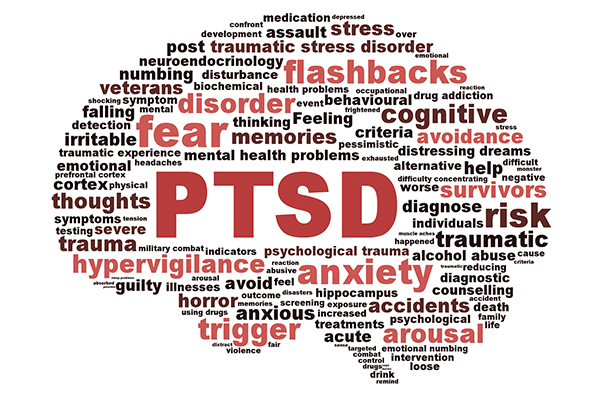Peace is often found after darkness.
Sometimes, all you need is a helping hand.
Someone to listen but never judge.
Someone to guide but never demand.
Someone to be there.
Someone to listen but never judge.
Someone to guide but never demand.
Someone to be there.
Impact of Trauma

Think of a time when you got into a heated argument and found yourself reacting in ways that were primitive and animalistic. That’s because you were under stress and your brain perceived the situation as threatening. We can often experience these events on a more sensory and experiential level than rational. Once we step away from the event, with time, we can process the event and it will no longer upset us.
But when the event is extremely traumatic, or over time, we experience layers upon layers of trauma, the brain will imprint the trauma in the right back region of the brain, which is associated with non-verbal memories, such as the sights, sounds, and smells associated with a past event, separated from the part of the brain that is able to reason and think things through rationally. The part of the brain that stores trauma is called the amygdala, which stores the visual images of trauma as fragmented sensory information. As a result, trauma memory is not stored like a story, but rather by how our five senses were experiencing the trauma at the time it was occurring, of visual images, smells, sounds, tastes, or touch.
This may explain why there are some parts of a traumatic memory that are vivid and clear like they just happened, while others are like swiss cheese and confusing. While this may seem like a bad thing, it’s actually the brain’s way of protecting you from something bad happening again. I like to imagine that it’s as if we have a microscopic video camera recording everything we’re feeling, seeing, sensing, in the greatest detail and storing it for us. That video plays whenever the brain perceives something similarly threatening as a way to warn us and help us survive.
If you’re experiencing something similar, just remember that your brain is doing what it was designed to do, it’s most important job, to help you survive. The problem is that often, we no longer need that level of protection and that stuckness in the brain is leaving us feeling reactive and under constant threat, making it difficult to participate fully in our lives. This can result is various mood difficulties including anxiety, depression, panic disorder, addiction issues, or PTSD.
For more in depth understanding of the brain and how it stores traumatic information go to the below links: https://medicalxpress.com/news/2018-09-memories-trauma-unique-brains-bodies.html https://psychcentral.com/blog/the-3-parts-of-your-brain-affected-by-trauma/
What is PTSD?

As discussed above, when trauma becomes stuck in the brain it can result in the following symptoms:
- Re-experiencing the traumatic event. This can include intrusive memories, flashbacks (as if you’re reliving the event), nightmares, or intense emotional or physical reactions when exposed to something that reminds you of the trauma.
- Arousal, such as startling easily, constantly being on guard and on alert, being more irritable or short-tempered, or acting recklessly.
- Avoidance and numbing. this can present as increased use of ways to escape thoughts or feelings about the trauma through drinking or social isolation. You may feel more emotionally numb or disconnected, even from those you love the most.
- Negative thought and mood changes like believing you can’t trust anyone, seeing the world as unsafe, believing you’re responsible, or that no-one could understand. You might experience feelings of guilt or shame, anger, depression, hopelessness, and anxiety.
The good news: there are several methods to treat trauma related symptoms that have been found to be very effective. Trauma that may have been effecting you for years can be treated so that you can heal. One of those treatment modalities that I use in my practice is EMDR.




